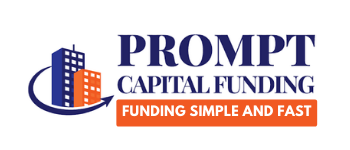What is invoice factoring?
Technically, invoice factoring is not a loan. Rather, you sell your invoices at a discount to a factoring company in exchange for a lump sum of cash. The factoring company then owns the invoices and gets paid when it collects from your customers, typically in 30 to 90 days.
Let’s say you own a hardware store and sell goods to another business, creating a $10,000 invoice. Your customer agrees to pay off its invoice in 30 days, but you need the cash next week to pay your employees. You’ve got a cash shortfall.
You could turn to a traditional bank for a loan, but it likely would require stellar personal credit plus collateral, a physical asset such as real estate that the lender could sell if you default. Or maybe you qualify but can’t wait several months for the loan to close.
So you turn to an invoice factoring company, and it agrees to buy your invoice for $9,700 in cash — $10,000 minus a 3% factoring fee ($300). The invoice factoring company advances 85% of the invoice (or $8,245) within a few days. The factoring company then collects the invoice when it’s due and provides the remaining balance owed to you ($1,455).
The pros
- Fast cash: Invoice factoring can provide immediate working capital to help cover a funding gap caused by slow-paying customers.
- Improved cash flow: You can keep loyal customers on longer payment terms but still improve your cash flow to help you grow your business.
- Easier approval: Invoice factoring provides financing to companies that might not be able to get capital from other sources, such as a traditional bank, because of a lack of collateral, poor personal credit or a limited operating history. Typically, factoring companies care only about the value of the invoices you’re looking to factor and the creditworthiness of your customers.
